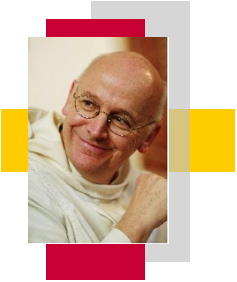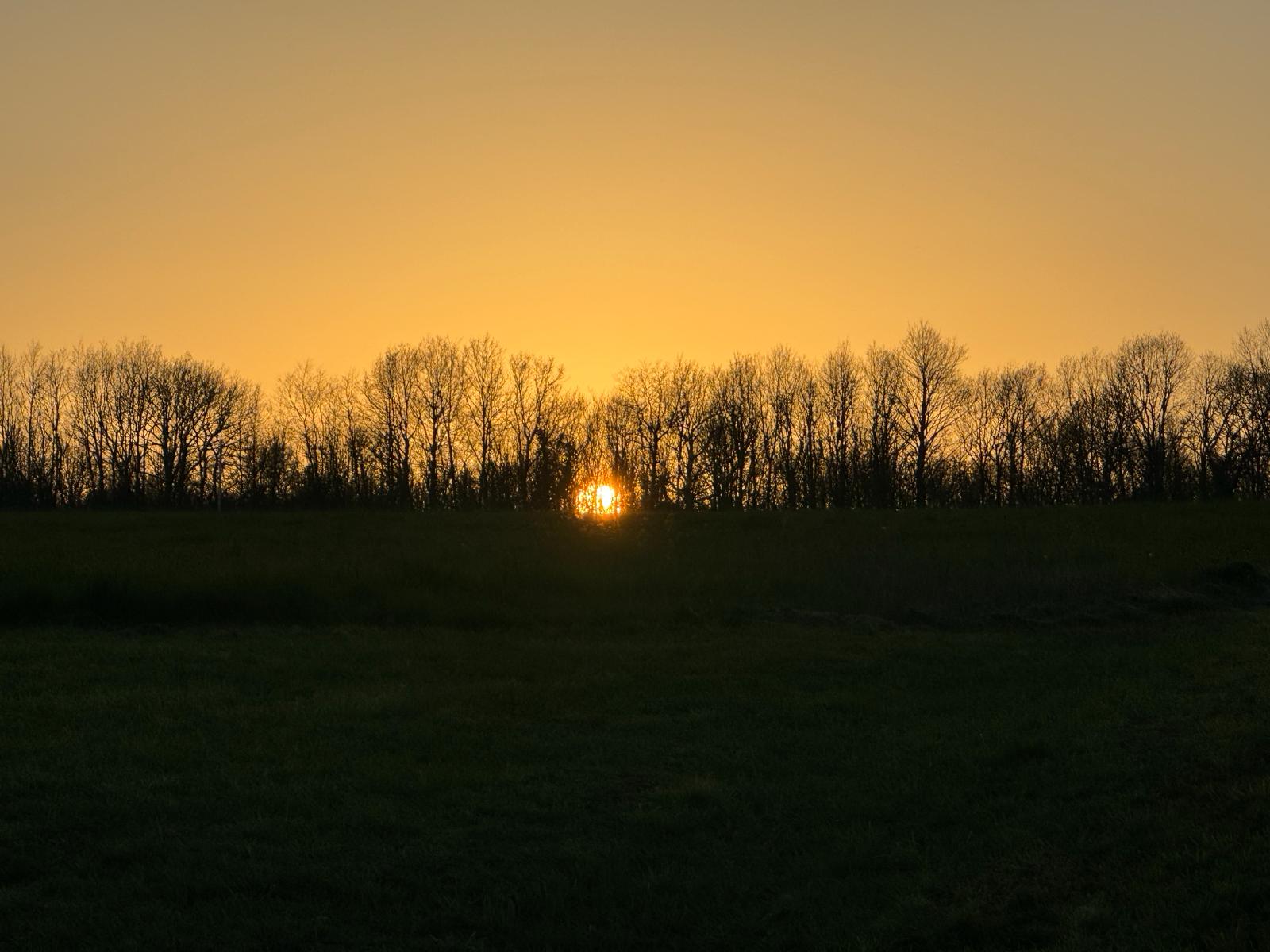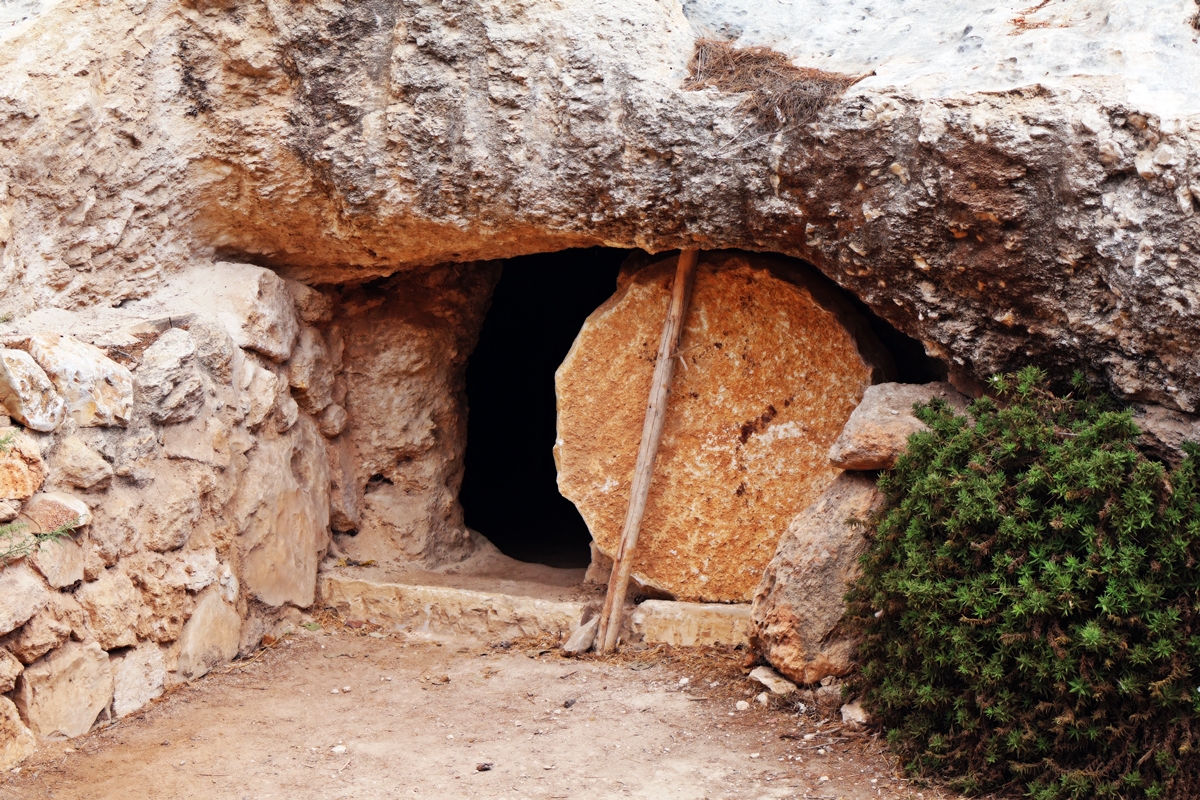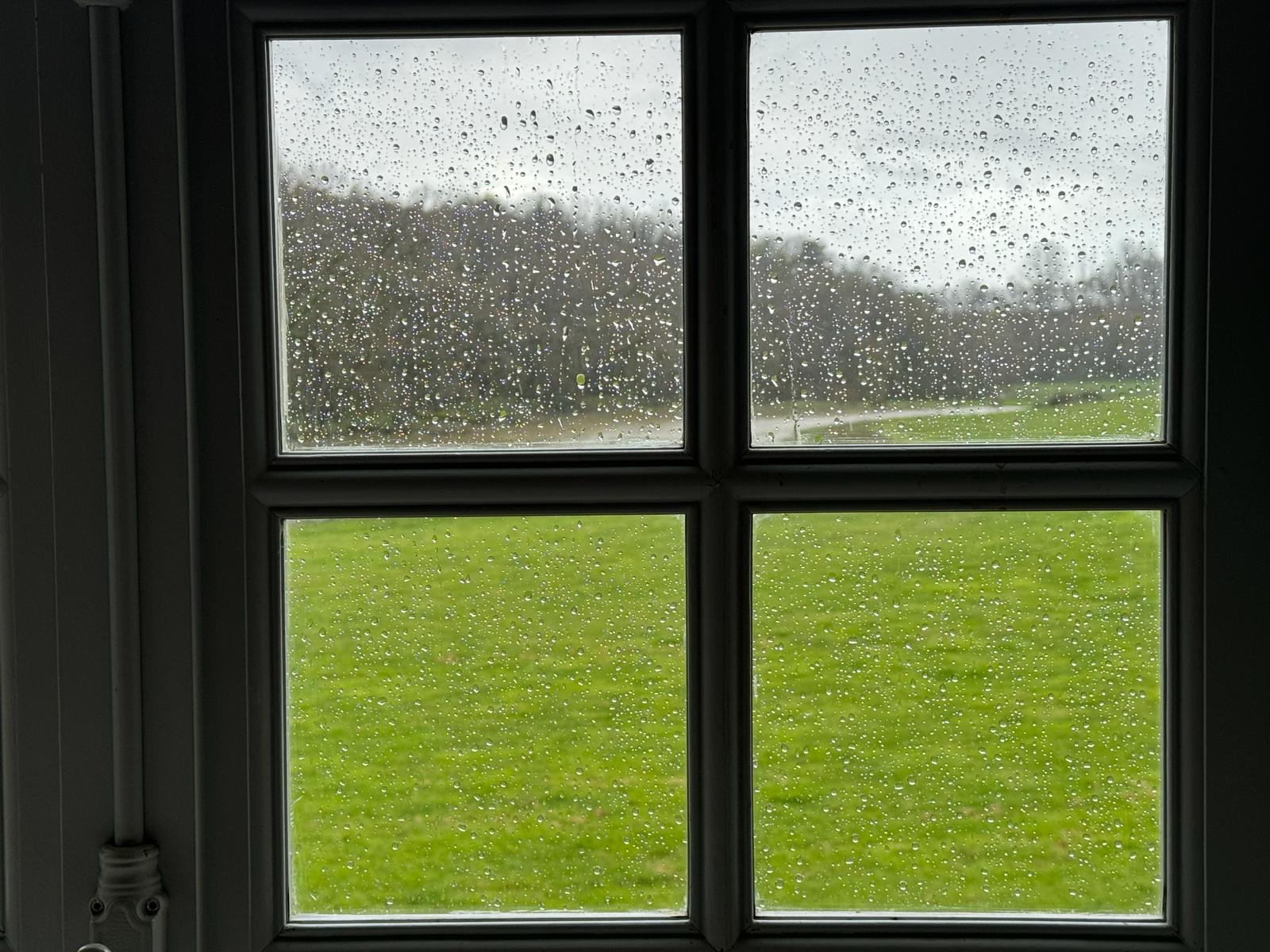 Like Ramadan, the Christian season of Lent offers the practitioners of their faith an opportunity with many graces, to interiorize their experience of the mysteries. We do this by purifying and simplifying our minds as well as our ordinary lives. It is a time to accept that the spiritual is less an ideal than the real. It is about healing and wholeness rather than a perfectionism which dangerously feeds rather than diminishes the ego. About moderation rather than extremes.
Like Ramadan, the Christian season of Lent offers the practitioners of their faith an opportunity with many graces, to interiorize their experience of the mysteries. We do this by purifying and simplifying our minds as well as our ordinary lives. It is a time to accept that the spiritual is less an ideal than the real. It is about healing and wholeness rather than a perfectionism which dangerously feeds rather than diminishes the ego. About moderation rather than extremes.
It can be a stimulus and refreshment to take on new spiritual disciplines. It can also be a risk. Are they taken on as techniques that we can master to cajole or even force God to reward us? Are they ways of reprimanding ourselves for our weaknesses in a ways that secretly makes us more proud rather than leading to the humility that is self-knowledge?
 Like Ramadan, the Christian season of Lent offers the practitioners of their faith an opportunity with many graces, to interiorize their experience of the mysteries. We do this by purifying and simplifying our minds as well as our ordinary lives. It is a time to accept that the spiritual is less an ideal than the real. It is about healing and wholeness rather than a perfectionism which dangerously feeds rather than diminishes the ego. About moderation rather than extremes.
Like Ramadan, the Christian season of Lent offers the practitioners of their faith an opportunity with many graces, to interiorize their experience of the mysteries. We do this by purifying and simplifying our minds as well as our ordinary lives. It is a time to accept that the spiritual is less an ideal than the real. It is about healing and wholeness rather than a perfectionism which dangerously feeds rather than diminishes the ego. About moderation rather than extremes.
It can be a stimulus and refreshment to take on new spiritual disciplines. It can also be a risk. Are they taken on as techniques that we can master to cajole or even force God to reward us? Are they ways of reprimanding ourselves for our weaknesses in a ways that secretly makes us more proud rather than leading to the humility that is self-knowledge?
This is why Jesus insisted that his disciples don’t make a show of their fasting – especially to themselves. The ego is always an appreciative audience of our spiritual ambitions. To avoid this pitfall we draw on the wisdom tradition that also informed the teaching of Jesus himself. With discrete fasting there is also the complementary practice of almsgiving. In the first we reduce our own consumption. In the other we expand our generosity to others in need. In the midst of our global economic crisis fasting may seem inevitable.
People will spend less because they have less to spend. But as the poor always suffer most in such times it is important also to give more. We should not ‘spiritualise’ this away in order to justify possessiveness and self-interest. But also we should understand that reducing our consumption applies to more than what we buy or eat. It may also mean how much we unmindfully take in through our addiction to the media and entertainment. How much additional time we give to meditation and lectio.
A day without television, a morning without the radio. Almsgiving, too, covers not only material goods but also the time, care and loving attention we give to others. An extra session with someone we know needs to be heard. A moment to notice with appreciation a lonely person.
The best way to balance one’s spiritual life and daily life – and make them more harmonious – is to be faithful and generous in the time we give to meditation each morning and evening. It is easy to avoid this interior fasting and almsgiving – meditation is both a reduction and an expansion – by dramatizing external practices. We look for ways to wriggle off the hook of the true ascesis. John Main helps us understand this when he says that meditation is the essential ascecis of the spiritual life.
Ascesis means not self-denial or the infliction of discomfort. It means, literally, ‘exercise’ or training. If we use the coming forty days to get into better shape we will better celebrate the Easter mysteries. If we happily embrace this time of the desert above all by being faithful to its interior silence and stillness we will better see that the desert is not deserted. It is filled. It is not a diversion from the Kingdom but its true portal.

Laurence Freeman OSB
Laurence Freeman is a Benedictine monk of the Congregation of Monte Oliveto and also Director of The World Community for Christian Meditation (www.wccm.org)





